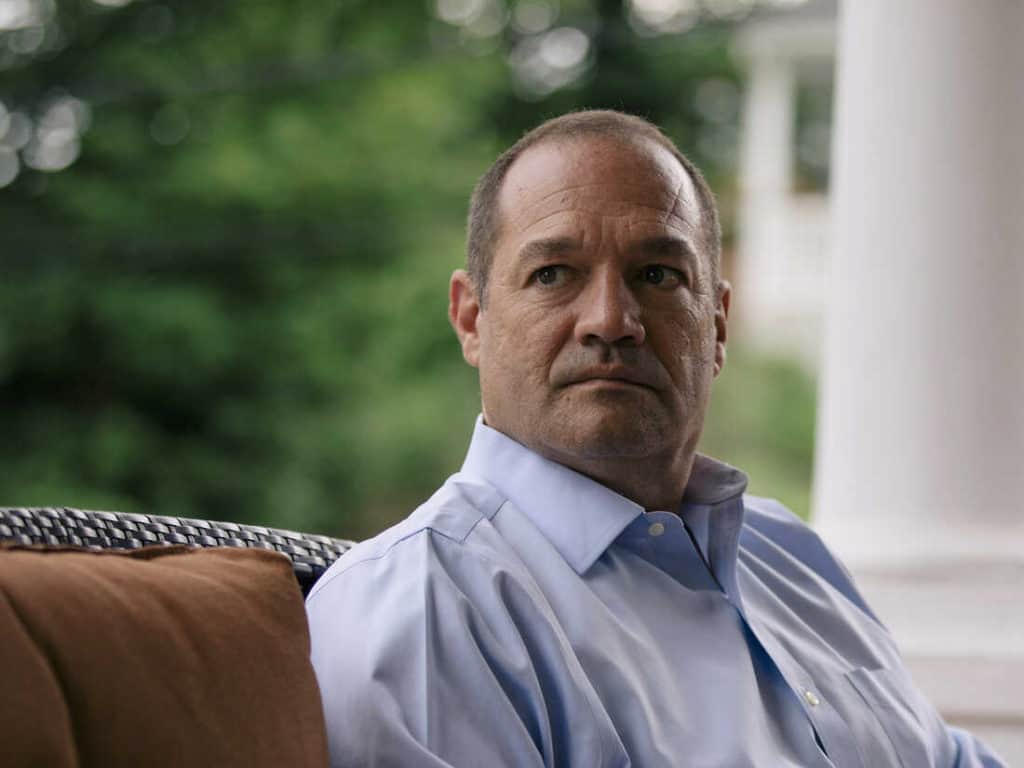
NPR, National Public Radio, released its first episode in a four part series titled Embedded, “Changing the Police,” which follows hosts Kelly McEvers and Dan Girma during the year they spent reporting on the Yonkers Police Department.
Episode one, “Changing the Police: The John Mueller Show,” was released on July 14. According to NPR, Episode 1 takes listeners to Yonkers, New York, a city with a long and ugly history of bad policing. The Justice Department has demanded an overhaul of the department and has been monitoring it for more than a decade. The commissioner in Yonkers has promised to do what the feds want and more. He has promised to “reform” policing in Yonkers and turn his officers into guardians of the community, accountable to its citizens. Can it be done and what does this kind of reform even look like?
Future episodes will be released every thursday, and while there is no idea of what NPR will come out with on the YPD, law enforcement we spoke to said, “we aren’t expecting a rosy portayal if its NPR, but let’s see what happens.”
The teaser from NPR on episode one above, and there other characterization of the YPD, ” with its history of misconduct and chief eager to change policing from within.”
“In this first episode, we will meet the man who, for the year we were reporting on Yonkers, was the main driver of the reform (Mueller). And we’ll meet someone who’s not so sure that this department is able to reform until it reckons with its past.”
Mueller has since moved onto become the Chief of the MTA police, and is featured favorably in the first episode. “Commissioner Mueller is a cop’s cop. He speaks like a blue-collar white guy. He curses. But if you dig deeper, he’s actually somewhat of a progressive. He seems to really care and really wants to make a difference.”
Mueller is portrayed as a reformer in the Yonkers Police Department. But Mueller was a member of the YPD during the same time that NPR kept referring to as “the long and ugly history of bad policing.”
He wants his cops to focus only on people they know are committing crimes, not do random stops and searches.
Precision policing is based on the position that the overwhelming majority of people don’t commit crime. And the idea he’s obsessed with is this approach to get cops to be less aggressive with people.
MUELLER: I really believe in procedural justice, procedural justice training. I use procedural justice, procedural justice, procedural justice. Procedural justice – are you familiar with that?
MCEVERS: Procedural justice started as a theory. It was developed by professors at Yale Law School and by Chicago police trainers.
Mueller: The whole point of procedural justice, for me, is just developing a better relationship with the community. Most people probably have a personal interaction with the police less than five times in their entire life. So we got to make all five of those count. You know, for us, it has to do with, what is the day-to-day interaction? It’s those very minor…
MUELLER: The people are our clients. Let’s make sure that they walk away being satisfied. I am satisfied with the way I was treated. I am satisfied with the outcome. I may not agree with it, but I am satisfied with the outcome. And if you can do that, you’re going to make friends and you’re going to add credibility for the policing profession in general.
As we were reporting this story, John Mueller’s reform plan seemed to be working, at least in ways we could measure. The number of times cops have reported using force has gone down since Mueller took over, and the crime rate is down, too. And that’s better than similar-sized cities in the state.
NPR went out with officers from the 3rd precinct and did not find anything ususual. One call had a woman who was trying to set fire to the gas station. The incident ended without incident. The only objection from NPR was that several officers showed up as back up, and many of those officers were white. The two officers who initially responded were black.
NPR interviewed a Yonkers resident named Maddie who said, “The last police commissioner wasn’t as nice as this. He wasn’t someone who really cared about the community. A lot of people got beat in our community – a lot of people. That’s not happening under Mueller.”
Former Yonkers NAACP President KAREN EDMONSON said, “I had problems with him (Mueller) in the beginning ’cause I thought, well, you’re a part of this whole thing. That past – you – how do I separate you now from the club that I knew existed, and, you know, how?”
When asked what would happen if Mueller left, Edmonson said, “No, it won’t. It won’t be fine when John Mueller leaves. It could go back. Yonkers – there’s a tendency, right? No one’s watching the store. You really need to monitor to make sure it’s being maintained.”
NPR did speak to Danny Sullivan, who has been arrested many times by the YPD and has alleged abuse and mistreatment by the YPD over a period of 20 years.
SULLIVAN: I have. Have you ever been taken into a hallway and told to pull down your pants and have a cop shine his flashlight on your rectum looking for drugs? I have.
MCEVERS: After this list of questions and answers, Danny Sullivan told the story of how he says he was mistreated by Yonkers cops several times starting back in the early 2000s.
SULLIVAN: I was wrongfully arrested. I was assaulted. I made a complaint. And by doing so, that led to me being wrongfully convicted.
MCEVERS: And then Danny said this thing that really struck us. Basically, it’s all fine and good to talk about police reform going forward. But what if you haven’t fully dealt with the wrongdoing of the past?
SULLIVAN: Before you try to fix what is wrong today, you have to travel back in time and fix what happened then. Thank you very much for your time. God bless you. Love is love. Thank you.
The episode ends with NPR researching some of the cases of abuse and mistreatment by YPD officers more than a decade ago. The inference was that Mueller was hiding this information. “And I found it interesting that we uncovered this ourselves by connecting the dots. And I was like, in all our conversations about what you’re doing to change the department, why didn’t this come up?”
Opinions are mixed in the YPD as to whether NPR should have been welcomed in by Mueller as they were. And the podcast was completed before Mueller left Yonkers, for the MTA.
The podcast represents a partnership between NPR and The Marshall Project, which covers criminal justice across the United States.





